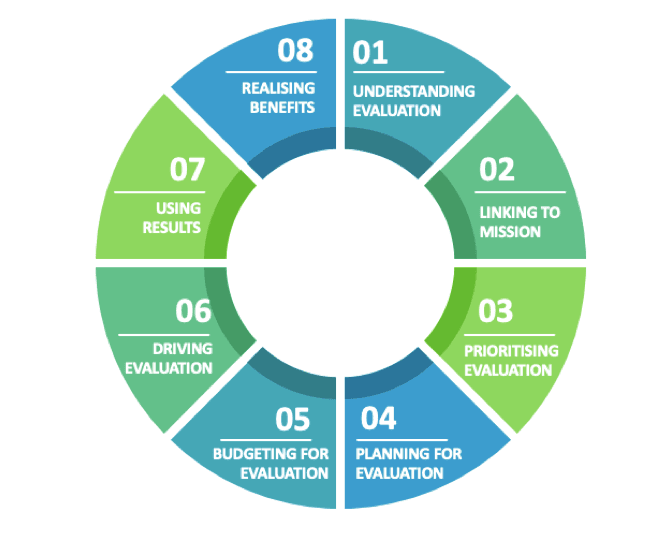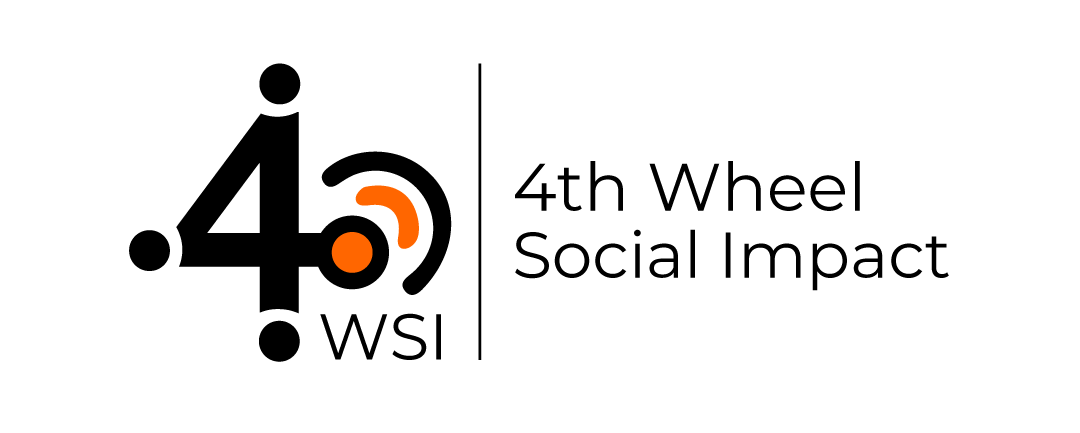What is Social Impact Management?
- The 4th Wheel

- Mar 19, 2021
- 2 min read
Updated: Sep 15, 2025
Social Impact management is an ongoing practice of measuring and improving social investment outcomes to reduce negative and increase positive impacts of an organisation’s activities. It moves beyond impact measurement as an ‘after thought’ to measure successes of programme implementation, and recognises that ‘effective impact measurement is an ongoing process’.
Social Impact Management enables organisations to answer two very pertinent questions:
To what extent are we making a difference?
How can we do better?
Organisations should adhere to 8 critical steps to build managerial systems which support Social Impact Management of their development assistance programmes.

Understanding Evaluation: Organisations should invest in incorporating social impact management in their operations. They must build the capacities of staff to understand facets of impact management and move beyond just impact measurement. Evaluation should be viewed within the Results-based Management framework, outlining the key activities, and their relation to estimated impacts.
Linking to Mission: Organisations should develop a ‘Theory of Change’ at an organisational and programmatic level to build a conceptual framework that will drive interventions, ensuring maximum impacts of impact investments and leading to the more effective social responsibility of business.
Prioritising Evaluation: There is a need for organisations to build an evaluative organisational culture where all cadre of staff understand expected impacts, recognise contextual realities, and have a plan for success. Organisations need to enhance their team’s readiness and competence to undertake impact evaluations.
Planning for Evaluation: All social investments should be assessed within the framework of the developed Theory of Change (ToC), and evaluation processes should involve regular data collection by multiple stakeholders involved with the programme. It is important to identify appropriate data collection methods to generate credible findings that strengthen social investments.
Budgeting for Evaluation: Impact measurement should not be conducted only after programme completion, but needs to be built into programme design where evaluation processes take place throughout the programme life-cycle. Evaluation processes need to be identified and required budgets should be allotted.
Driving Evaluation: For Corporate Social Responsibility (CSR) interventions and programmes by impact investors, it is crucial to have dedicated staff who oversee evaluation results regularly and who ensure evaluation processes are being implemented as planned.
Using Results: Evaluations of impact investments should be planned and conducted in ways that enhance the likely utilisation of both the findings and of the process itself to inform decisions and improve performance.
Realising Benefits: Social impact consulting and impact evaluations will help organisations to learn from their successes and failures and have a strategic plan in place to improve impacts. Based on the findings of the evaluation, organisations should work with their staff to understand evaluation, make necessary course corrective actions in programmes, and strengthen their evaluation processes.
Taking these steps will ensure social impact investing achieves desired results.
4th Wheel is a Social Impact firm that enables an organisation to develop and implement a social impact management process. This will enable organisations to manage social impact throughout the project lifecycle, working as a management and learning tool for projects. Learn more about our Social Impact Management Service here.




Comments